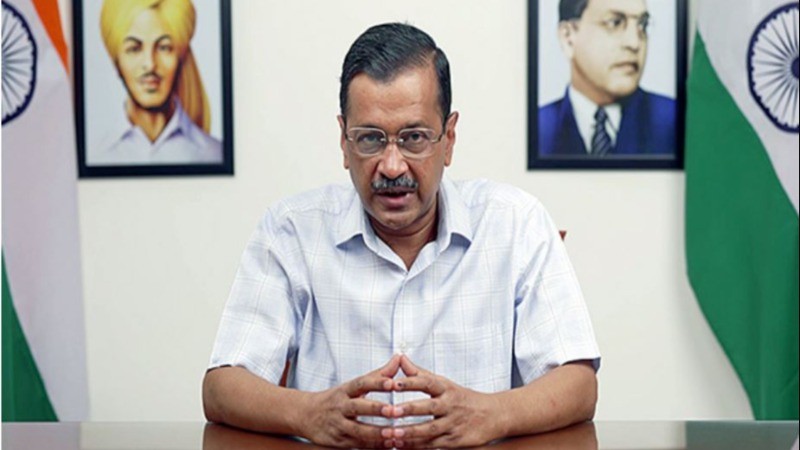
NEW DELHI: In a ruling, the Rouse Avenue court dismissed Delhi Chief Minister Arvind Kejriwal's two petitions challenging the summons issued to him by the magistrate's court. The summons were issued in connection with the Delhi Excise Policy case under the Prevention of Money Laundering Act (PMLA).
The Enforcement Directorate (ED) had previously issued multiple summons to Kejriwal to appear before them in relation to the case. However, Kejriwal failed to comply, leading the ED to seek judicial intervention. Special Judge Rakesh Syal's decision to dismiss the petitions means that the summons issued by the magistrate's court remain valid. A detailed order from the court is still pending.
Kejriwal contested the summons, arguing that they were issued without proper notice and that the charges against him were unwarranted. His legal team, led by Senior Advocate Ramesh Gupta, argued that there was no intentional disobedience on Kejriwal's part. Gupta claimed that Kejriwal had valid reasons for not attending the summons, citing his responsibilities as Chief Minister. He also mentioned that the ED had not given Kejriwal a chance to respond to the complaints before proceeding with legal action. Gupta further contended that the summons were scheduled on dates when Kejriwal was engaged in public duties, suggesting that the timing was deliberately inconvenient.
Advocate Rajiv Mohan, representing Kejriwal in the second petition, criticized the haste with which the summons were issued. Mohan argued that the trial court failed to consider Kejriwal's responses to the ED's summons and that the process lacked proper judicial scrutiny.
In response, Additional Solicitor General (ASG) S. V. Raju opposed the arguments put forth by Kejriwal's legal team. Raju asserted that whether the disobedience was intentional or not is a matter for trial. He emphasized that the summons were issued in accordance with the law and that any non-compliance with the ED's requests constitutes intentional disobedience. Raju also noted that the summons were legally justified and that Kejriwal's failure to attend the ED office, despite being able to travel for other engagements, was problematic.
Kejriwal's legal team plans to challenge the magistrate's court decision in the Sessions Court, maintaining that his responses to the summons have not been properly considered. They assert that Kejriwal has consistently provided valid reasons for his non-appearance and that these reasons have not been disputed by the ED.
The Enforcement Directorate's complaints against Kejriwal, filed under various sections of the Indian Penal Code and PMLA, relate to allegations of financial misconduct linked to the Delhi Excise Policy. The ED's charge sheet includes claims that the Aam Aadmi Party (AAP) used illicit funds for its election campaign.
The Delhi Excise Policy case has seen multiple arrests, including that of former Deputy Chief Minister Manish Sisodia and AAP leader Sanjay Singh. Both are currently out on bail.
Atishi to Take Roles Until Kejriwal is Reinstated as CM with "Thumping Majority": Gopal Rai
Why Atishi is the Top Choice to Succeed Arvind Kejriwal as Delhi’s Chief Minister
From Oxford to the Chief Minister’s Office: The Inspiring Journey of Atishi Marlena Singh